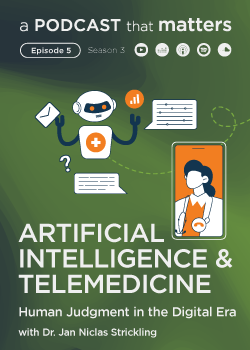This is a modal window.
Innovative methods such as ‘Most Significant Change’ (MSC) and ‘Photovoice’ revolutionized traditional evaluation practices by challenging colonial biases and emphasizing qualitative, narrative-driven data. These participatory approaches empowered individuals to share, categorize, and analyze their own stories and photos, thereby putting control of narratives back into the hands of communities. This shift not only transformed participants into active researchers but also highlighted the true impact of programs on their lives.
The webinar on “Empowering Voices: Decolonizing Evaluation through Participatory (Visual) Storytelling Methods” provided valuable insights into how participatory storytelling can decolonize evaluation methods and transform conventional practices. It was essential for evaluators, social researchers, project managers, and anyone passionate about inclusivity and empowerment in program evaluation. Participants learned how these methods could provide a more comprehensive understanding of program impacts and foster an environment of inclusivity and empowerment.
Attendees seized the opportunity to learn, share experiences, and grow together in exploring these transformative evaluation practices.
Key Takeaways:
- - Innovative Evaluation Methods: Learn about ‘Most Significant Change’ (MSC) and ‘Photovoice’ and how they challenge traditional evaluation practices.
- - Empowerment through Participation: Understand how these methods put the control of narratives back into the hands of communities.
- - Decolonizing Evaluation: Discover the potential of participatory storytelling to transform and decolonize traditional evaluation practices.
- - Practical Implementation: Gain insights into applying these methods in real-world scenarios to highlight the true impact of programs.
- - Expert Insights: Hear from seasoned experts about the benefits and challenges of using participatory methods in evaluations.
Karijn Kakebeeke, Founder and Director of Picture Bridge Foundation, is an experienced Photovoice practitioner and trainer who is passionate about amplifying marginalized voices. In 2014 she set up the Picture Bridge Foundation, which employs participatory photographic techniques to promote community-based capacity-building and participatory visual MEL. Karijn has implemented Photovoice projects for monitoring evaluation and advocacy purposes worldwide for over 10 years.
a seasoned evaluation expert who excels in global health program evaluations with an emphasis on gender and inclusivity, particularly in sexual/reproductive health rights. With a rich background across Asia, Africa, and the EU, she specializes in participatory methods and training and holds a Master’s degree in Public Health.
Sanjukta Moorthy, Founder and Director, of The SMC Group, is a monitoring and evaluation consultant from South India. Over the past decade, her work has supported women’s organizations, participatory funders, human rights groups, UN agencies, and INGOs to strengthen their PMEL work. Through bespoke training, workshops, courses, and coaching, she accompanies groups on their learning journey to becoming community-led and fully localized. She brings cross-cutting expertise from activism, journalism, and ethical fashion to her work.




